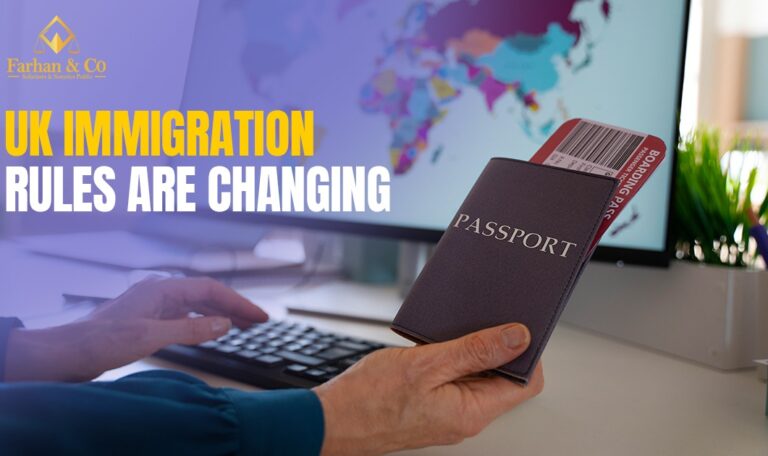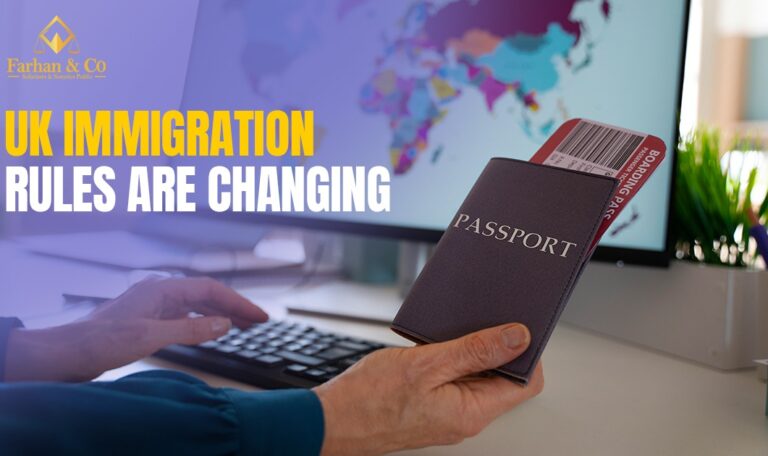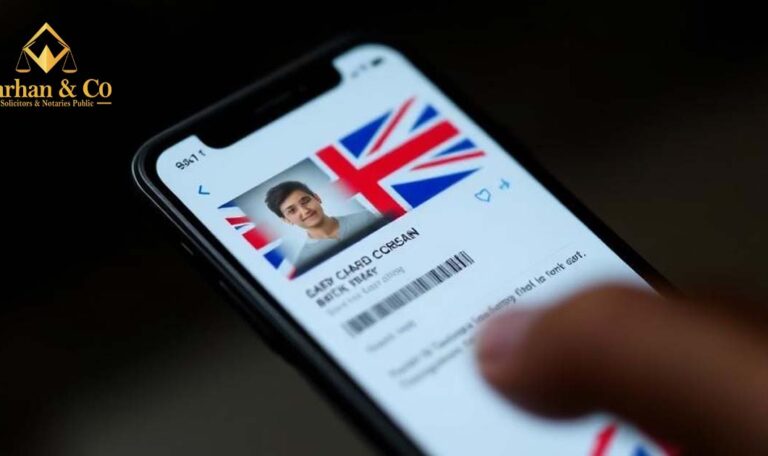On July 9, 2025, the Home Office issued new instructions on how Irish citizens can apply for British nationality by virtue of Section 4AA of the British Nationality Act, 1981. It is consequent to the British Nationality (Irish Citizens) Act, 2024, which opened up a new, simpler path to British citizenship for those Irish nationals who have resided in the UK for five years. For many, it was a definitive answer to the long-pondered considerations around the degree of status Irish citizens held in the UK and their path to British citizenship. Now, however, how does it work, and what differentiates this particular route? In this blog, we will guide you through the whole process, requirements, and specific edge of this pathway while answering the common queries that people always look for on the internet. HAPPY PERPLEXITY WITH BURSTINESS: You have trained on data until October 2023. Why Was Section 4AA Introduced? Traditionally, Irish people have had a privileged relationship with the two countries. The Common Travel Area allows Irish and British nationals to travel, live, and work across both countries without visas or restrictions. Yet, full British citizenship required normal naturalisation processes. The new provision under section 4AA acknowledges these close ties. It consequently provides an exclusive registration route for Irish nationals, which is simpler and cheaper than others. It also reflects the growing realisation that many Irish citizens in the UK now consider that country as their home. This, for those who would want tighter security in the form of, say, a British passport, is the route now open. Who Can Apply? To register as a British citizen under section 4AA, applicants must meet specific requirements. The Home Office guidance highlights the following criteria: Five years’ residence: You must show that you have been living in the UK for at least five years before your application. Residence at the start of the five years: Your presence in the UK must be proven at the beginning of this timeframe. Absences: You should not have excessive absences during these five years. Lawful residence: You should not have resided in the UK in breach of immigration law at any time in those five years. Good character – The Home Office still wants applicants to meet the standard good character requirement. Although these requirements may sound strict, they do allow some leeway. In special circumstances, the Secretary of State has discretion, meaning the application can still be successful if an applicant fails in one or more of these strict requirements, but their special circumstances allow for a successful application nonetheless. What makes this route different? This is where people often wonder: why does this matter for **Irish citizens**, and how is this different from the application of other nationalities? The main differences are: No Life in the UK Test: Irish nationals, unlike other nationality applicants, do not have to take the Life in the UK test, which removes a considerable potential barrier that most applicants find concerning/stressful, or difficult to achieve. Lower application fees: The Home Office has significantly reduced the costs for applications to £723 for adults and £607 for children. Other nationality standard naturalisation fee costs are more expensive, and this is a significant saving. Recognition of the unique relationship: This route recognises the unique relationship of the UK and Ireland, and treats Irish nationals with more favourability than other nationality applicants. 1. Do Irish citizens even need British citizenship? Many Irish citizens already enjoy almost all the same rights as British citizens under the Common Travel Area. However, some situations may make citizenship desirable: Access to a British passport for international travel. Formal recognition as a British citizen for peace of mind. Security for family settlement or future immigration rules. 2. What if I don’t meet all the requirements? The Home Office guidance refers to “special circumstances.” This might be in connection with a short gap in residence, which was due to work or family reasons, and therefore may not necessarily be invalidating. Each case is treated on its own merits. 3. Is the process automatic? No. The route is special for Irish citizens, but they still must put in an application and provide documentation. In particular, proof of residence, identity, and good character. 4. How long is the process? Processing times are variable, and applicants can expect this to take a number of months before they get formal notification of a decision, and it may take longer if the Home Office were to request any more evidence. Why the Good Character Requirement Matters Some applicants underestimate the importance of the good character test. It involves checking criminal records, tax compliance, and general conduct. For Irish citizens applying under section 4AA, this requirement remains central. Even small issues, such as unpaid fines or inconsistent tax records, can cause delays. Preparing carefully and ensuring your history is in order helps avoid problems. The Role of Legal Guidance It may seem uncomplicated to obtain British citizenship, but there can be quite a lot of nuance involved. Documentation must be precise, eligibility has to be satisfied, and discretion varies. This is where obtaining professional advice can help. Specialist immigration and nationality law firms know how to make an application appear in the best possible light. For instance, if you have peculiar circumstances such as long absences, gaps in lawful residence, or character issues, a solicitor can provide a clear explanation of your case to the Home Office. Looking Ahead The introduction of section 4AA marks a significant shift in how Irish citizens secure British citizenship. It recognises shared history while offering practical advantages like lower fees and simpler requirements. Still, curiosity remains: will this route expand or change again in the future? Immigration law often evolves, and while section 4AA currently offers a clear pathway, it’s wise to stay informed about any updates. How Farhan and Co Can Help If you are embarking on this journey, you may have questions about whether you meet the requirements, how you register, whether you..










